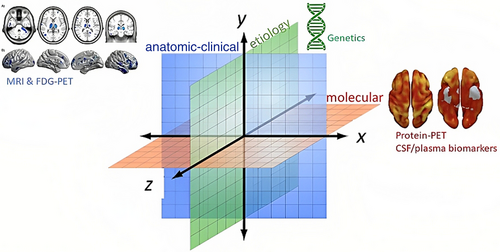It is well known that perception and estimation of time are fundamental for the relationship
between humans and their environment. However, this temporal information processing
is inefficient in patients with Parkinson' disease (PD), resulting in temporal judgment
deficits. In general, the pathophysiology of PD has been described as a dysfunction
in the basal ganglia, which is a multisensory integration station. Thus, a deficit
in the sensorimotor integration process could explain many of the Parkinson symptoms,
such as changes in time perception. This physiological distortion may be better understood
if we analyze the neurobiological model of interval timing, expressed within the conceptual
framework of a traditional information-processing model called "Scalar Expectancy
Theory". Therefore, in this review we discuss the pathophysiology and sensorimotor
integration process in PD, the theories and neural basic mechanisms involved in temporal
processing, and the main clinical findings about the impact of time perception in
PD.
Reference: International Archives of Medicine 2013, 6:39 doi:10.1186/1755-7682-6-39 Full text

